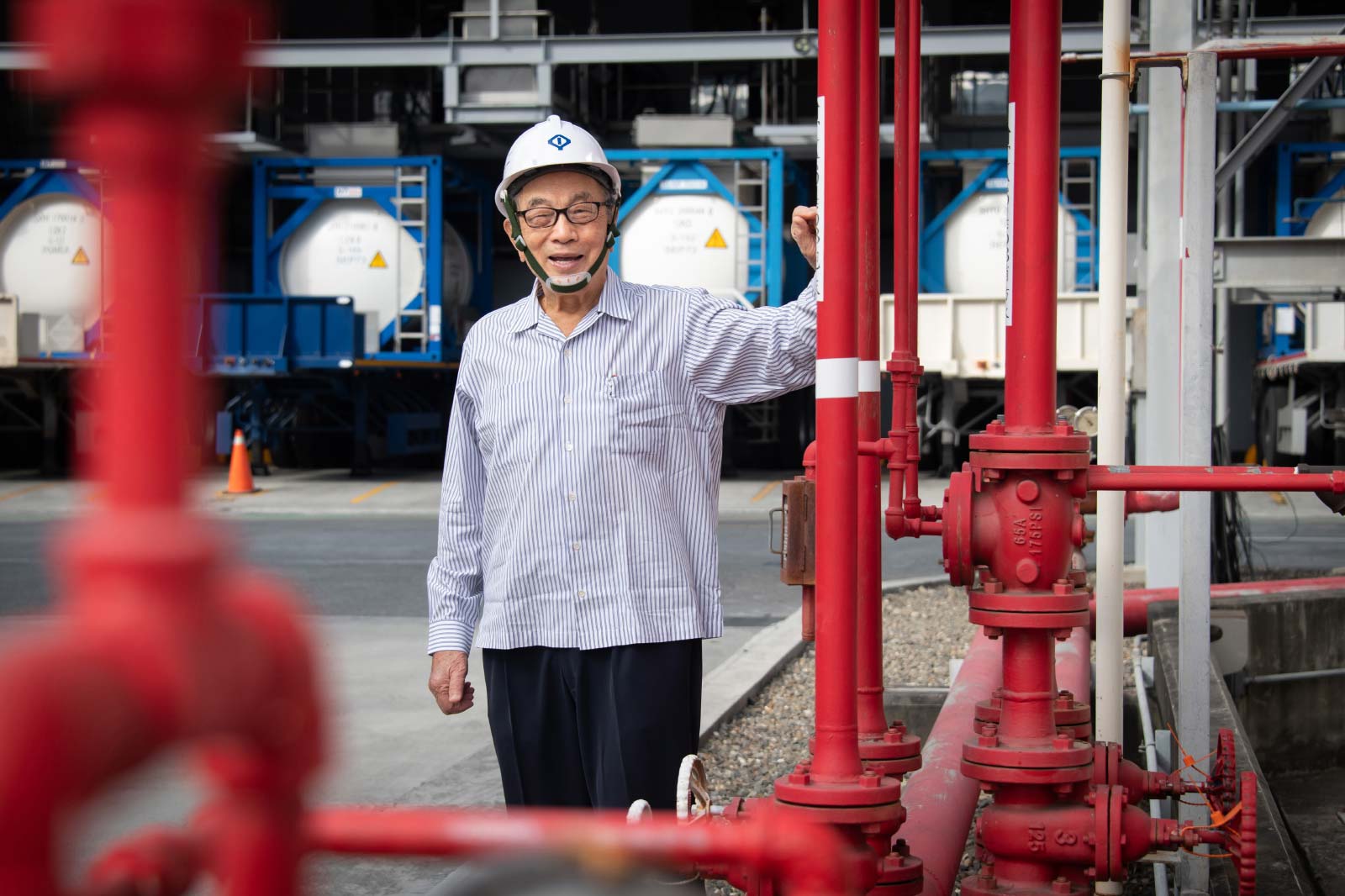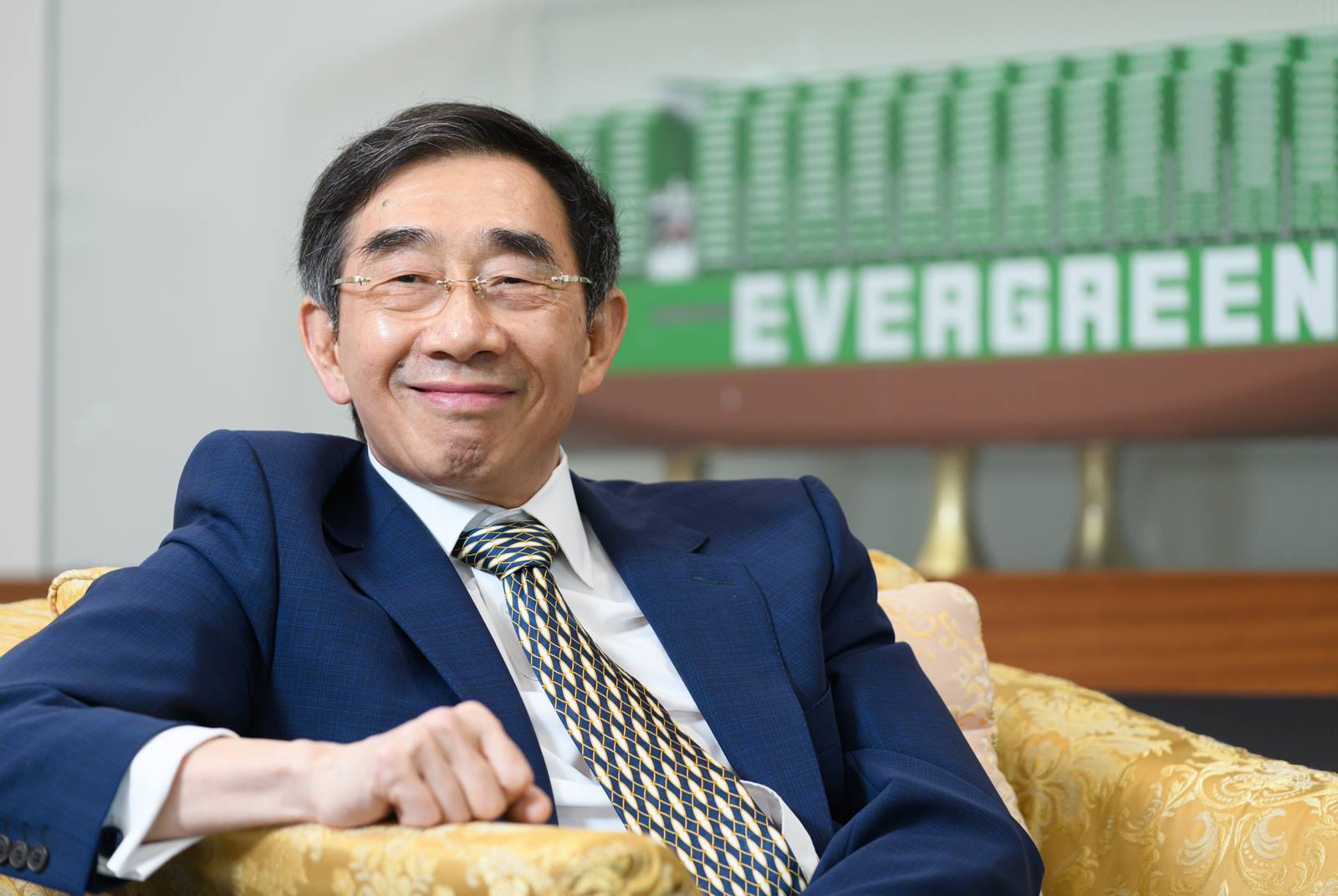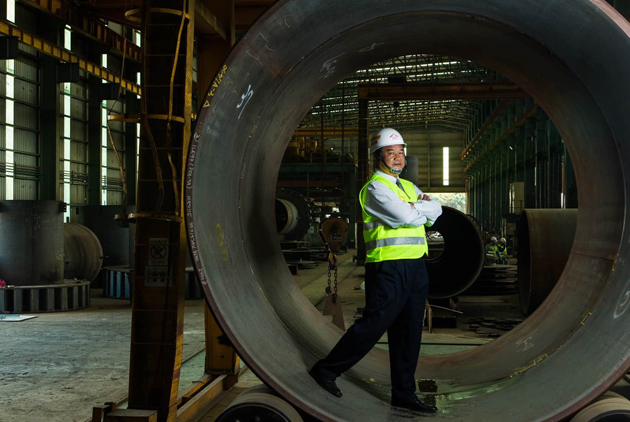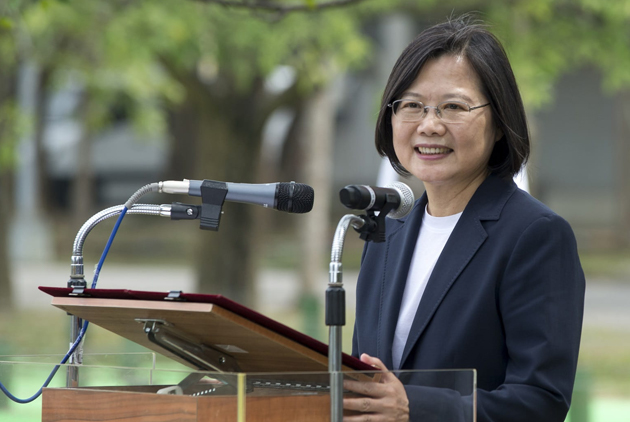Why are Taiwan CEOs raising salaries despite record low confidence in 2023?
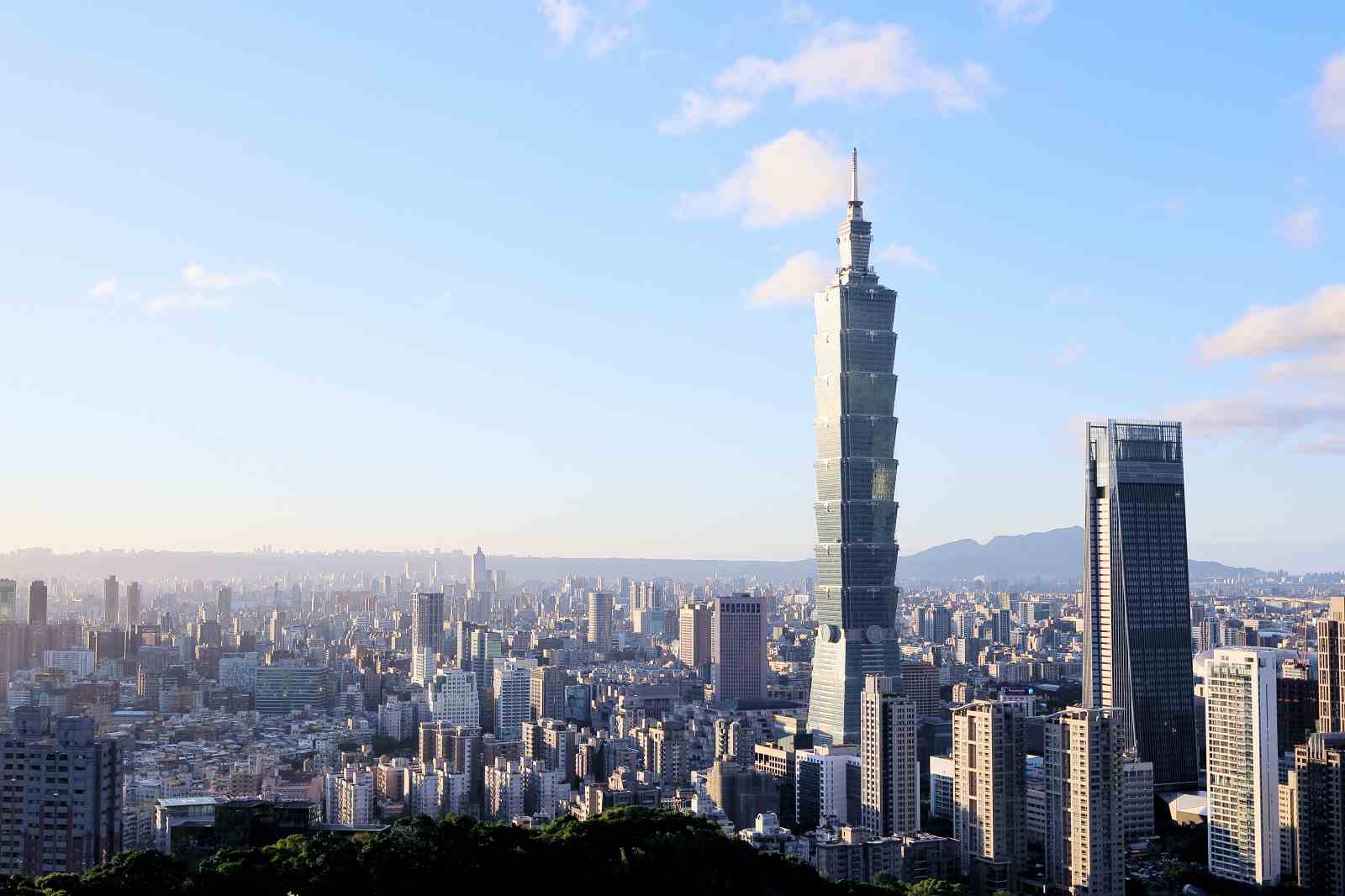
Source:Shutterstock
Taiwan’s business leaders have never been more pessimistic about the nation’s economic prospects in 14 years. In the wake of the pandemic, the world economy is not recovering as expected, while geopolitical considerations have emerged as an important security factor. Still, companies are offering higher salaries to attract talent and brave the imminent economic winter.
Views
Why are Taiwan CEOs raising salaries despite record low confidence in 2023?
By Ching Fang WuFrom CommonWealth Magazine (vol. 763 )
Almost 87 percent of CEOs covered by CommonWealth Magazine’s Top 2000 CEO Survey on the Economic Prospects of 2023 are not confident about the state of the economy, the highest share since the inception of the survey in 2009. While 82.4 percent say they are “pessimistic”, 4.3 percent state they are “extremely pessimistic”. Thirteen percent profess optimism, but no one is saying they are “extremely optimistic”.
Asked to name the five toughest challenges their businesses face, China apparently loomed large on the corporate leaders’ minds. With “High political risk”, “the U.S.-China trade war”, and “slowing Chinese economic growth”, three of the five top concerns were related to China.
Geopolitics to hurt supply chain for a long time
Chang Chien-yi, president of the Taiwan Institute of Economic Research (TIER), points out that entrepreneurs usually worry about inflation and interest rates, which are the short-term factors driving economic ups and downs. Yet U.S. Federal Reserve Chair Jerome Powell indicated in November, after a series of steep interest increases to rein in inflation, that the pace of interest hikes in 2023 will be slower. Chang takes this as evidence that the fight against inflation has been effective.
“Inflation will probably last another six to twelve months,” Chang predicts. In contrast to inflation, the trade war that then-U.S. President Donald Trump launched against China in 2018 has triggered closely related geopolitical domino effects whose end is not in sight. “Geopolitics is a long-term structural factor,” Chang warns.
The trade war directly impacts the intention of Taiwan’s CEOs to invest.
In early 2018, Southeast Asia replaced China as the most popular potential investment destination for Taiwan’s CEOs. In this year’s survey, the United States emerged as the second most popular investment destination, relegating China to third place. As much as 8.3 percent of CEOs surveyed intend to invest in the United States, particularly in the electronics industry, whereas only 7.5 percent plan to pour money into China.
After four years of trade friction between China and the United States, interest in investing in China has fallen by 60 percent. Although more than 60 percent of CEOs have made investments in China, they are becoming increasingly conservative, if not outright negative, regarding the business prospects there.
This year’s survey was carried out around the time of the 20th party congress of the Chinese Communist Party. The CEOs’ views about China’s investment environment have never been more negative. Only 6.2 percent of the respondents are bullish about China. A vast majority of 70 percent do not trust Chinese President Xi Jinping, who secured an unprecedented third five-year term at the party congress.
Rising costs and competition from the “red supply chain” of Chinese rivals are no longer the main reasons why Taiwanese entrepreneurs worry about China’s business environment. Instead, political uncertainty, tense cross-strait relations, and the ongoing trade war have emerged as the three top concerns. This means that geopolitics poses the greatest challenge for running a business.
In 2021, only 10 percent of CEOs were concerned about the effects of the coronavirus pandemic. But this year almost 40 percent voice concerns, which reflects the damaging effect that China’s zero-Covid policy has had on business, primarily the supply chains in the manufacturing sector.
Following the recent white paper protests against China’s draconian zero-Covid policy, the government relaxed its pandemic prevention measures. Yet it remains to be seen what this means for the management of Chinese supply chains.
Despite these concerns and mixed signals, Taiwanese entrepreneurs are not yet about to pack up and pull their investments out of China
“China is still the world’s most important factory. Southeast Asia cannot replace the supply chains that were established in China during the past decades,” says Chang. He points to the IT industry. Upon request by their customers, manufacturers have relocated production from China to Southeast Asia, but in most cases these are downstream assembly plants. As Chang explains, upstream and midstream parts and components are still manufactured in China and must be shipped over for final assembly.
In other words, the supply chains clustered around upstream, midstream, and downstream manufacturers were forced to relocate and restructure due to political risk in the past, not for cost reasons. “The direct effect of geopolitics on supply chains is rising costs,” says Chang.
In the survey questionnaire, the CEOs particularly singled out massive cost increases for raw materials, fuels, parts and components, as well as greater uncertainty over delivery dates, and rising export duties on goods. These rising costs can all be directly attributed to geopolitical factors.
With the gradual diversification of supply chains, the operational headquarters and manufacturing bases of Taiwanese companies are also being relocated from China to other locations across the globe. As alternative supply chains outside of China are established, a dual-track production system will become the new normal.
“Inquiries from companies that are adjusting their presence in China to relocate to Southeast Asia have definitely increased recently,” confirms Jeff Chen, chairman of audit and consulting firm KPMG Taiwan. As he sees it, Taiwanese companies will have to hire more international management talent in the process. At the same time, they need to restructure their organizations to meet the respective local conditions such as taxation, land acquisition, as well as laws and regulations. Given that many uncertainties must be factored in, the prices of end products are bound to rise. “The rising costs due to geopolitical factors will be passed on;, I don’t rule out fluctuating prices,” says Chen.
The large corporations started to shift their supply chains early on and keep redrawing their maps at an ever-faster pace. Small- and medium-sized enterprises can therefore not afford to hesitate any longer, Chen warns.
 Experts pointed in the shrinking environment, companies should expand their investment in modularizing production processes. (Source: Chien-Ying Chiu)
Experts pointed in the shrinking environment, companies should expand their investment in modularizing production processes. (Source: Chien-Ying Chiu)
Hung Yung-yu is chairman of fashion bag and sports goods manufacturer WW Holding Inc., which owns factories in China, Cambodia, Thailand, and Vietnam. The piece of advice that Hung has to offer to fellow contract manufacturers is “learn to modularize production processes”. As supply chains are redrawn globally, manufacturers need to understand how to break down production processes into smaller steps so that these can be replicated quickly in every major market. Citing the WW Holding learning curve as an example, Hung says it took three years for the Cambodian factory to become profitable. “Our new target is half a year at most,” he says.
Sluggish Chinese economy dragging down global growth
Taiwan’s CEOs cited a slow-down of Chinese economic growth as their fifth major concern for the future. Yet, this feared scenario is happening right now.
In its September forecast, the World Bank expects China’s GDP rate to slow markedly to 2.8 percent in 2022, down from 8.1 percent in 2021. This would not only be the second lowest growth rate since the country adopted market reforms and opening in the 1980s, but low economic growth rates are also expected to become the rule for China.
In October, Bert Hofman, the World Bank’s former country director for China, warned in an exclusive interview with CommonWealth Magazine that the growth dividend that China enjoyed in the past has disappeared. There is only hope for GDP growth to stay above the five-percent mark if the Chinese government quickly expands reforms, Hofman said.
Chang points out that as far as inflation is concerned, China did well in 2022 with an inflation rate of just two percent compared to seven percent in the United States and ten percent in the Eurozone. But domestic consumption in China remained suppressed because of the numerous lockdowns during the zero-Covid policy. Now that the pandemic restrictions have been eased, Chang believes that a GDP growth rate of four percent could be achieved in 2023, although this would still lag far behind the growth rates that China used to post in the past.
Foreign investment fund analysts all hope that the end of zero-Covid will boost Chinese economic growth. However, the debt-saddled real estate sector and geopolitical tensions weigh heavily on the economy, casting a shadow over the country’s recovery prospects.
In the long run, geopolitics will also affect domestic consumption in China. Chang cites the U.S. CHIPS and Science Act as an example which denies China advanced chips and chip-making machinery, thus hampering the development of technological innovation and applications. This will affect the development of downstream products, which in return will hurt the growth of domestic consumption.
KPMG’s Chen predicts that “as the situation keeps changing ever-faster, laws and regulations will also become stricter.” Western governments are tightening controls over new technologies such as crypto currencies and artificial intelligence. And the pace at which measures like the U.S. CHIPS and Science Act or laws and regulations on curbing carbon dioxide emissions are adopted has markedly increased. Such tightened controls directly affect how businesses operate, forcing corporate decision-makers to react quickly.
Companies use reserves to lure talent with higher pay
As for the CEOs’ outlook for Taiwan’s business environment, though optimists and pessimists balance each other, the share of the pessimists has increased compared to last year.
Cross-strait political ties have soared to become the CEOs’ top concern about the domestic business climate, followed by energy supply, labor shortages and lack of talent, rising labor costs as well as foreign exchange rate fluctuations.
The Taiwan Straits crisis resulting from massive Chinese military exercises around the island in August 2022 put the CEOs on high alert regarding the political relationship between Taiwan and China. More than 70 percent of the CEOs worry that a war could break out in the Taiwan Strait within the coming decade.
Among the major challenges, concern over energy supply has risen the most markedly. While six years ago only 10 percent of CEOs were concerned about potential energy shortages, this time more than 50 percent of the respondents had no confidence in Taiwan’s energy policy. In the comment section of the questionnaire, several CEOs noted that the government’s policy to phase out nuclear power in favor of regenerative energies has been too slow to meet urgent demand. Some also said the government should consider novel nuclear technologies.
Although corporate leaders are generally pessimistic about the economy, nearly 80 percent are planning to raise wages, mostly in the service and IT industries. In the questionnaire regarding their response to the labor shortage, almost 50 percent of respondents stated that raising wages has top priority.
“Many companies posted good profits in the past three years, and they also built up reserves in the first three quarters of 2022. They have the strength to raise wages,” says Chang.
Against this backdrop, the recent massive layoffs in the U.S. high-tech sector might provide a good opportunity for Taiwanese enterprises to recruit international talent, Chen suggests. “An economic downturn is the right time to increase investment,” he says. Inflation and war cause short-term disturbances, whereas investment in multiple locations, curbing greenhouse gasses, automation, and digital transformation are long-term trends. Companies can't help but keep redrawing their roadmaps to prepare for the future.
Have you read?
- TSMC's U.S. tool-in ceremony is over, what’s next?
- Live from the US: TSMC Arizona transforms desert into oasis
- Taiwan’s chip future hanging on TSMC’s 2nd US go-round
Translated by Susanne Ganz
Edited by TC Lin
Uploaded by Ian Huang

